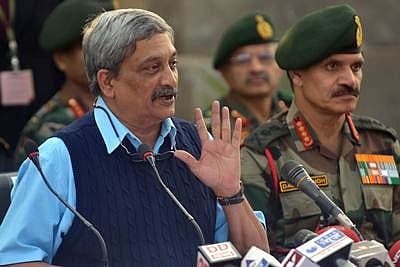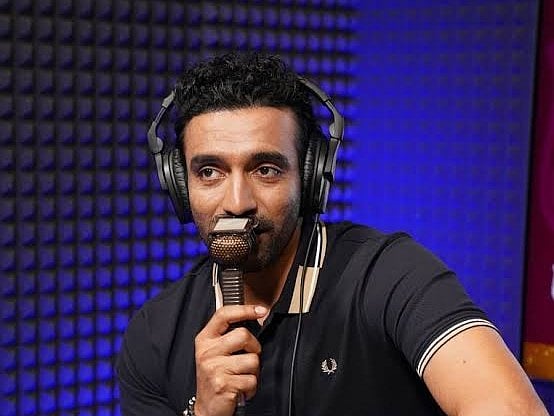Manohar Parrikar, the first IIT-ian to become a Chief Minister and the country’s Defence Minister, had an eventful tenure as the defence minister.
His tenure of two and half years in the Narendra Modi government was action packed. It was marked by the first surgical strike on terrorists camps in Pakistan occupied Kashmir, several key policy initiatives including hiking FDI in the defence manufacturing, promoting indigenous industry and putting accountability on pending projects and signing Rafale deal.
Here are some of Manohar Parrikar's biggest contribution:
His nearly three-year tenure saw the Army conducting the surgical strike in September 2016, after a terror attack claimed lives of 19 soldiers in Uri in Jammu and Kashmir.
Parrikar also ensured that the long-pending Light Combat Aircraft Tejas is inducted in the Indian Air Force's fleet, besides taking steps to ease the process of indigenisation in the defence sector.
Manohar Parrikar signed an agreement with French defence minister Jean-Yves Le Drian to procure 36 Rafale fighter jets from Dassault Aviation SA. The political controversy over the Rafale jet deal, initiated in September 2016, cast a shadow on his tenure.
He also increased FDI in the defence sector to 74 per cent from 49 per cent.
In addition to the emphasis on the domestic industries development, Parrikar focussed on accelerating the missiles development and induction.
Parrikar’s greatest contribution to the Indian military establishment was the one-rank, one-pension scheme or OROP.
Under Parrikar’s guidance, the MoD invoked the government’s emergency financial powers to sign contracts with Russian manufacturers to procure ammunition and spares, according to ipcs.org.










